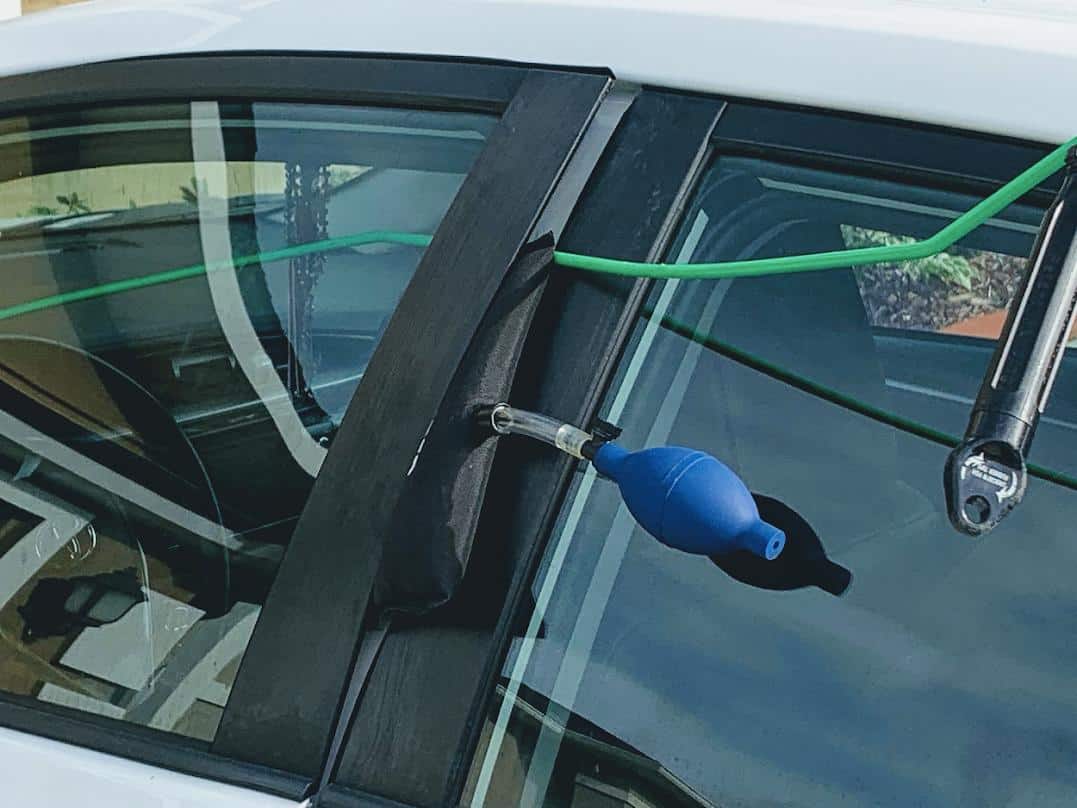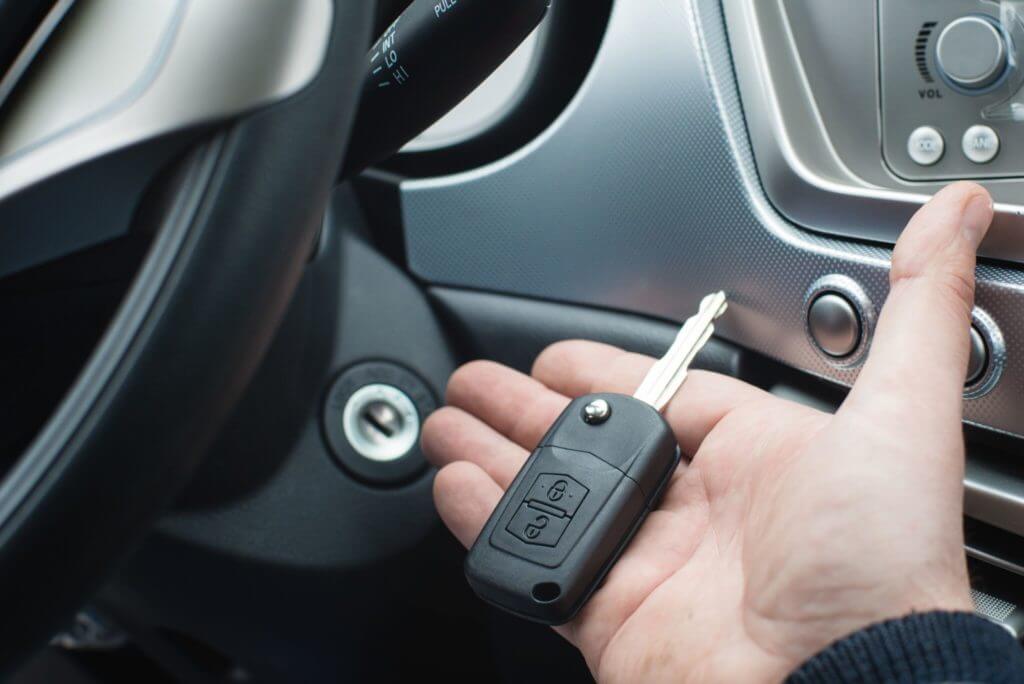In today’s world, ensuring our homes are safe and secure is a top priority. Unfortunately, forced entries can happen, leaving homeowners and renters in distress. One immediate concern after such an event is how to stop an alarm after forced entry. Understanding the steps to take can help restore peace and security quickly.

Understanding Alarm Systems
Alarm systems are designed to deter intruders and alert homeowners of any unauthorized access. When a forced entry occurs, these systems play a crucial role. However, knowing how to manage them effectively is essential.
Types of Alarm Systems
There are various types of alarm systems, each with unique features:
- Monitored Systems: These are connected to a central monitoring station that alerts authorities.
- Unmonitored Systems: These rely on loud sirens to deter intruders and alert neighbors.
- Wireless Systems: Easy to install and can be controlled remotely via smartphones.
- Wired Systems: Often more reliable, but require professional installation.
Common Alarm Triggers
Understanding what can trigger an alarm helps in managing it. Common triggers include:
- Forced entry through doors or windows
- Motion detectors sensing unusual movement
- Glass break sensors detecting shattering glass
Steps to Stop Alarm After Forced Entry
After a forced entry, your priority should be to stop the alarm and secure your home. Here are some steps to consider:
1. Stay Calm
Panic can worsen the situation. Take deep breaths and focus on resolving the issue.
2. Locate the Alarm Panel
Find your alarm system’s control panel. This is where you can usually disable the alarm.
3. Enter Your Security Code
If you have a security code, enter it to silence the alarm. This is often the quickest way to stop it.
4. Contact Your Security Provider
If you have a monitored system, contact your security provider immediately. They can assist you in disabling the alarm and may alert authorities if necessary.
5. Inspect Your Home
After silencing the alarm, inspect your home for signs of entry and damage. Ensure that all entry points are secure.
Preventing Future Forced Entries
Once the immediate threat is handled, consider measures to prevent future occurrences:
1. Upgrade Your Alarm System
Consider upgrading to a more advanced system with enhanced features. Lockout emergency kit can be a great addition for unexpected situations.
2. Reinforce Entry Points
Strengthen doors and windows with better locks and materials. For tips on securing car locks, visit frozen car locks.
3. Install Security Cameras
Surveillance cameras can deter intruders and provide evidence if a break-in occurs.
4. Regular Maintenance
Regularly check your security system to ensure it’s functioning correctly. Locked out of cars article can offer insights on handling similar situations.
Additional Tips for Homeowners and Renters
Both homeowners and renters can benefit from additional security measures:
1. Establish a Routine
Develop daily routines that include checking locks and setting alarms. Learn more about avoiding lost keys.
2. Educate Family Members
Ensure everyone in the household knows how to operate the alarm system and what to do in case of an emergency.
3. Stay Informed
Keep up with the latest security trends and technologies to enhance your homes safety.
Conclusion
Knowing how to stop an alarm after forced entry is crucial for maintaining peace of mind and security. By understanding your alarm system, taking immediate action during a break-in, and enhancing your homes security features, you can protect your home more effectively.

Frequently Asked Questions
1. What should I do if I forget my security code?
Contact your security provider for assistance. They may offer a temporary code or guide you through resetting the system.
2. How can I improve my home’s security on a budget?
Invest in basic security measures like better locks, motion-sensor lights, and reinforced doors. Many affordable solutions can deter intruders.
3. Is it necessary to have a monitored alarm system?
While not necessary, monitored systems provide an added layer of security by alerting authorities in case of a break-in.
This article contains affiliate links. We may earn a commission at no extra cost to you.





